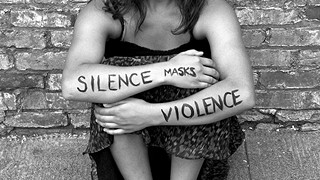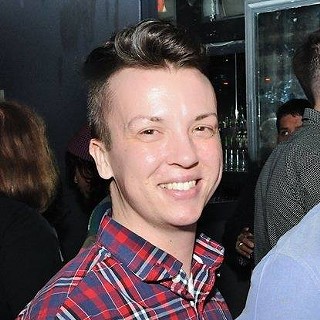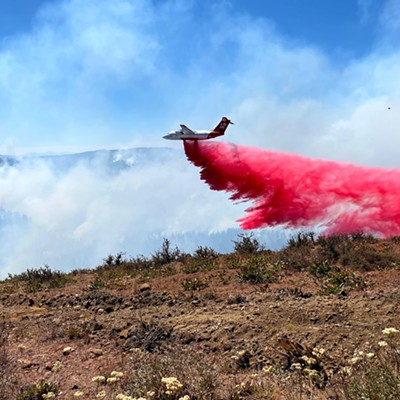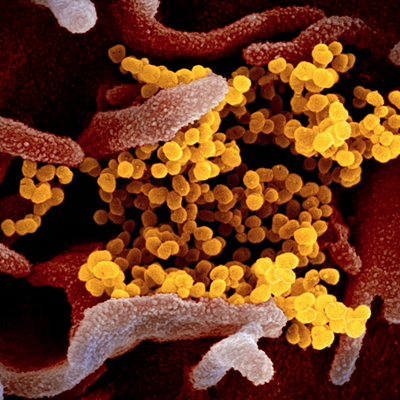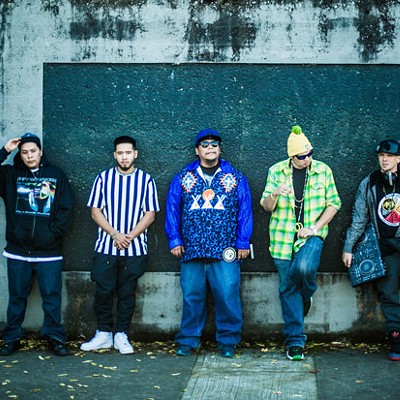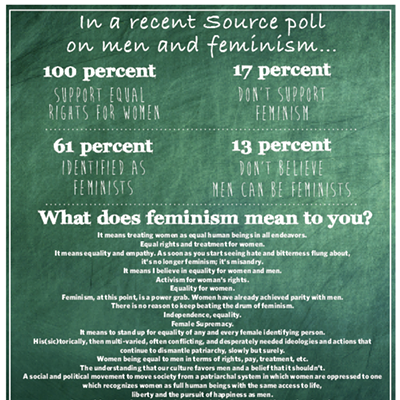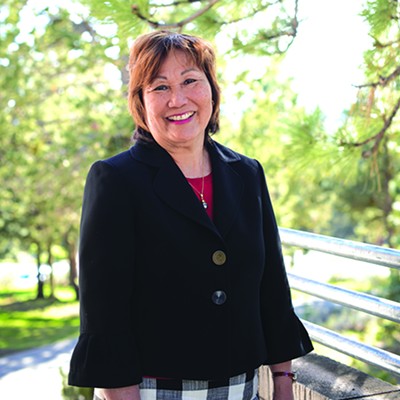Warm Springs tribal member Alyssa Macy has represented indigenous women globally at the United Nations World Conference on Indigenous Peoples. She also has survived multiple incidents of sexual assault. Unfortunately, for Native American women, the latter of these experiences is more common than the former.
"The research shows that Native women are victims of sexual crimes at extraordinarily high rates, and we're talking three out of five women have been assaulted in their lifetime," Macy explains. "I can sit down with my group of friends that are Native and every single one of them has been sexually assaulted, raped, or experienced some kind of molestation as a child, and I think that's really devastating to Native communities."
But most of the time, the threat comes from offenders outside the tribe. Non-Indian men commit the majority of these assaults—67 percent according to a brief from the National Congress of American Indians. That's not to imply stranger assault—most survivors knew the perpetrator and intra-racial dating and marriage are far more common among Native American women than women of other races.
That ratio is reflected in Macy's own experiences with sexual assault. Two of the three times she was assaulted, the perpetrators were non-Native men. In the third incident, she was raped by a Native acquaintance following a date.
"I was molested as a child while living in New Mexico by a man in our neighborhood and my fourth grade teacher," Macy recalls. "Both of these men were non-Native and I only told my mom about the teacher. Nothing ever came about with the meetings with [Child Protective Services]."
She says she opted to not report the 2007 date rape in Milwaukee, Wisconsin. The man seemed like "a good catch" and she invited him in after an evening singing karaoke. But that's when things took a turn for worse—Macy says he pushed himself on her, ignoring her crying and pleading to stop.
"I just felt like if I were to tell, I would be treated as many other women are, like it's your fault," she says. "I didn't want to do that to myself so I just did nothing."
Because Macy didn't report the assault, it's not included in statistics. That's why she thinks the already high numbers are likely an underestimate.
"I think the numbers are probably higher than what is reported," she says. "Like myself, I am sure there are women out there that are too afraid to tell, scared of being stigmatized, or do not have faith in the judicial system that anything will happen."
Distrust in the system is understandable. Until last month, most tribes lacked jurisdiction to prosecute non-Indian offenders of sexual and domestic violence. When the Violence Against Women Act was reauthorized in 2013, it provided for the first time a mechanism for tribes to prosecute. It began by approving pilot programs in three tribes, including the Umatilla in Oregon. That option opened up to all tribes March 7.
"Even a violent crime committed by a non-Indian husband against his Indian wife, in the presence of her Indian children, in their home on the Indian reservation, could not be prosecuted by the tribe," wrote Associate Attorney General Tony West in a letter to the first three tribes approved for the pilot program. "This jurisdictional scheme has proved ineffective in ensuring public safety. Too often, crimes have gone unprosecuted and unpunished, and violence has escalated."
Specifically, U.S. attorneys declined to prosecute more than half of the violent crimes that occurred on Native American reservations, 67 percent of which were related to sexual abuse, the U.S. Government Accountability Office reported in 2010. And on some reservations, a Native woman is more than 10 times as likely to be murdered as women in the United States generally, Associate Attorney General Perrelli testified in 2011 before the Committee on Indian Affairs on Violence Against Native American Women.
"So, hypothetically, a non-Indian man could come into Warm Springs, rape a woman and we'd have all the evidence, and you cannot prosecute him," Macy explains. "And that has been very scary for Native women here in the state of Oregon, and nationally here in the United States, because we haven't had the ability to prosecute."
In Warm Springs, Chief Tribal Prosecutor Nancy Seyler says the tribal court is working on rolling out its approach to prosecuting non-Indian offenders of violent crimes.
"If we have a non-Indian living on the reservation and there's a domestic violence incident on one of our women, we would have to have them appear in civil court," Seyler explains. "We can't house non-Indians in our jail."
Seyler says such cases are few and far between in Warm Springs and speculates that non-Native violence against Native women is more common in the Midwest, where reservations are closer to urban areas.
"Rarely does it happen. It seems like I've had one case, but that was several years ago," Seyler recalls. Still, she says that doesn't mean these crimes aren't occurring. "I think overall with any domestic violence it's under reported. It doesn't matter where you live."
Macy says media portrayals of Native American women, and Native people in general, as sexualized and addicted, contribute to high rates of violence.
"We are Native mascots—derogatory comical characters. We are the sexy Pocahontas—short buckskin shirts with our bosoms hanging out. We are portrayed as demure, weak, and not in important roles in our societies," Macy explains. "When media paints a picture of us as this, we are weakened in the eyes of the larger public and we are personally weakened because these images impact our self-image."
Fortunately, there are organizations working to counter the high rates of victimization and support survivors of violence. On the Warm Springs reservation, Victims of Crime Services provides resources including crisis intervention, advocacy, support groups, and victims' compensation. Across the tri-county area, Saving Grace provides services to survivors of domestic and sexual assault, with a commitment to cultural competency for Native American survivors.
And that cultural awareness, Macy says, is key.
"I think it's important that these agencies understand our communities," she says. "We are strong, resilient, humble, and I know so many Native women doing amazing things in our communities. We are not the things the media says we are."
To access support from Warm Springs Victims of Crime Services, call 541-553-2293 during regular hours, or reach an on-call advocate after hours by contacting the Warm Springs Police Department at 541-553-1171. Saving Grace offers a 24-hour help line at 541-389-7021.

